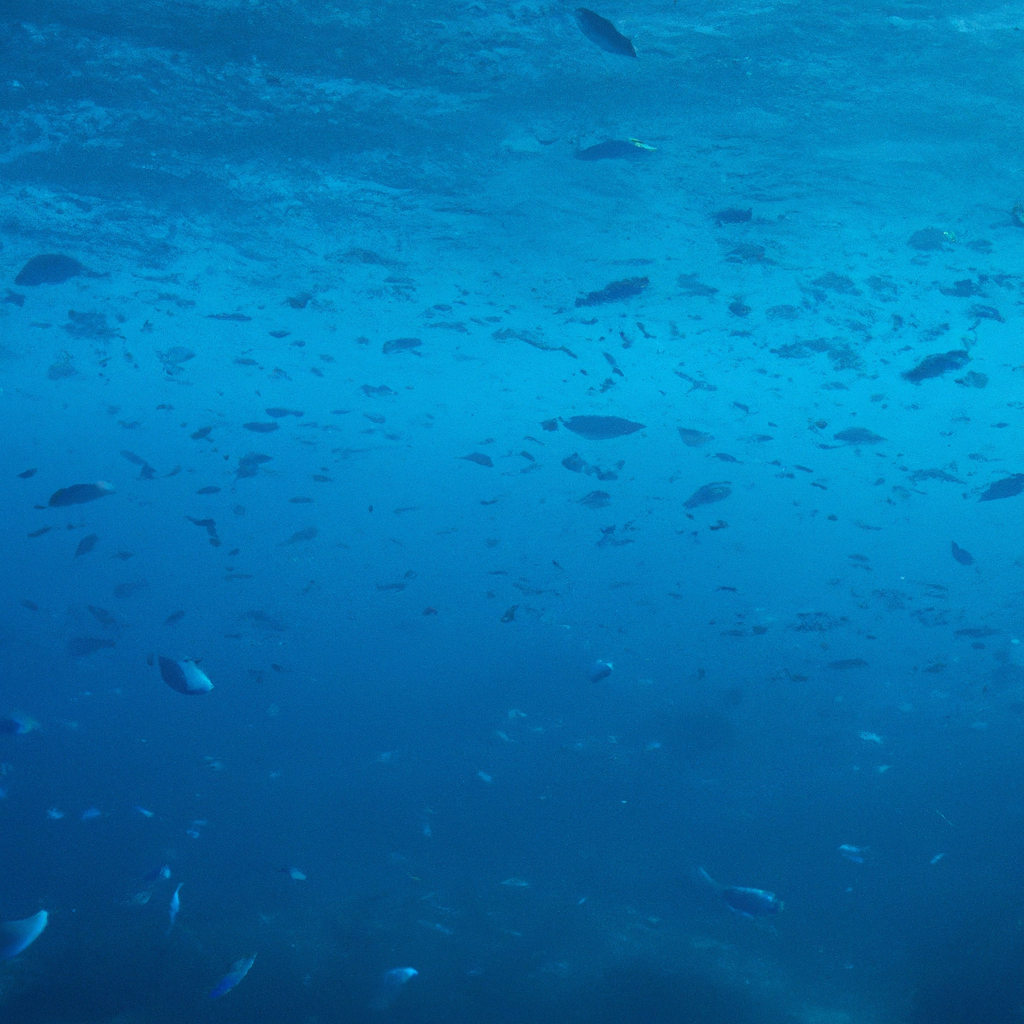Will the World’s Oceans Ever Run Out of Fish?
The world’s oceans are home to an incredibly diverse range of marine life, including over 30,000 species of fish. The oceans are also a vital source of food for millions of people around the world, with fish providing a significant portion of the protein in many diets. However, concerns have been raised about the sustainability of fishing practices and the impact of overfishing on fish populations. In this article, we will explore the question of whether the world’s oceans will ever run out of fish and consider what can be done to prevent this from happening.
The State of Global Fish Stocks
Before we can answer the question of whether the world’s oceans will run out of fish, it is important to understand the current state of global fish stocks. According to the Food and Agriculture Organization of the United Nations (FAO), around 34% of fish stocks are currently being overfished, which means that the rate of fishing is too high for the fish population to replenish itself naturally. Another 60% of fish stocks are being fished at maximum sustainable levels, which means that any increase in fishing pressure could push them into overfished territory.
The consequences of overfishing and unsustainable fishing practices are significant. In addition to depleting fish populations, overfishing can also disrupt entire ecosystems, as certain species of fish play important roles in maintaining the health and balance of their habitats. Overfishing can also have economic and social impacts, particularly on communities that rely on fishing for their livelihoods.
Factors Contributing to Overfishing
There are several factors that contribute to overfishing and unsustainable fishing practices. One of the main drivers is the demand for seafood, which has grown significantly in recent decades. As the global population continues to grow and diets become more diverse, the demand for fish and other seafood is likely to increase further.
Another factor is the use of destructive fishing practices, such as bottom trawling and dynamite fishing, which can cause significant damage to marine habitats and non-target species. Illegal, unreported, and unregulated (IUU) fishing is also a major problem, accounting for up to 26 million tonnes of fish per year, according to the FAO.
Climate change is another factor that is affecting fish populations and fishing practices. Rising sea temperatures, ocean acidification, and changes in ocean currents and weather patterns are all having an impact on the distribution and abundance of fish species.
What Can Be Done to Prevent Overfishing?
Preventing overfishing and ensuring the sustainability of global fish stocks will require a multifaceted approach. One of the most important steps is to reduce fishing pressure by implementing science-based catch limits and regulating fishing practices. This will require cooperation and coordination among governments, fishing industries, and other stakeholders.
Another key strategy is to promote sustainable aquaculture practices as an alternative to wild-caught fish. Aquaculture can help to reduce pressure on wild fish populations while providing a reliable source of protein and supporting local economies.
Improving monitoring and enforcement of fishing regulations is also crucial, particularly in areas where IUU fishing is prevalent. This will require investment in technology and infrastructure, as well as greater international cooperation and coordination.
Finally, addressing the underlying drivers of overfishing, such as demand for seafood and poverty in fishing communities, will require broader societal and economic changes. This could include promoting alternative protein sources and supporting sustainable livelihoods in fishing communities.
Conclusion
In conclusion, the world’s oceans are facing significant challenges when it comes to the sustainability of fish stocks. While it is impossible to predict with certainty whether the oceans will ever run out of fish, the current trends are cause for concern. Preventing overfishing and ensuring the sustainability of global fish stocks will require a concerted effort from governments, fishing industries, and other stakeholders. By implementing science-based catch limits, promoting sustainable aquaculture practices, improving monitoring and enforcement of fishing regulations, and addressing the underlying drivers of overfishing, we can work towards a future in which the world’s oceans remain a vital source of food and biodiversity for generations to come.













